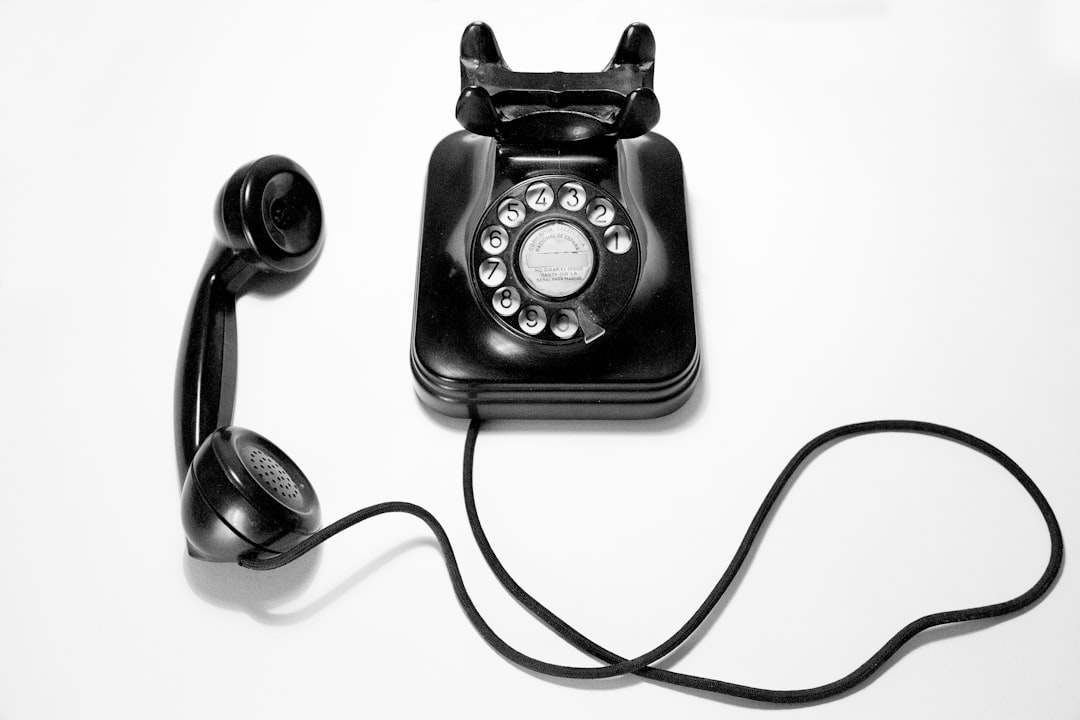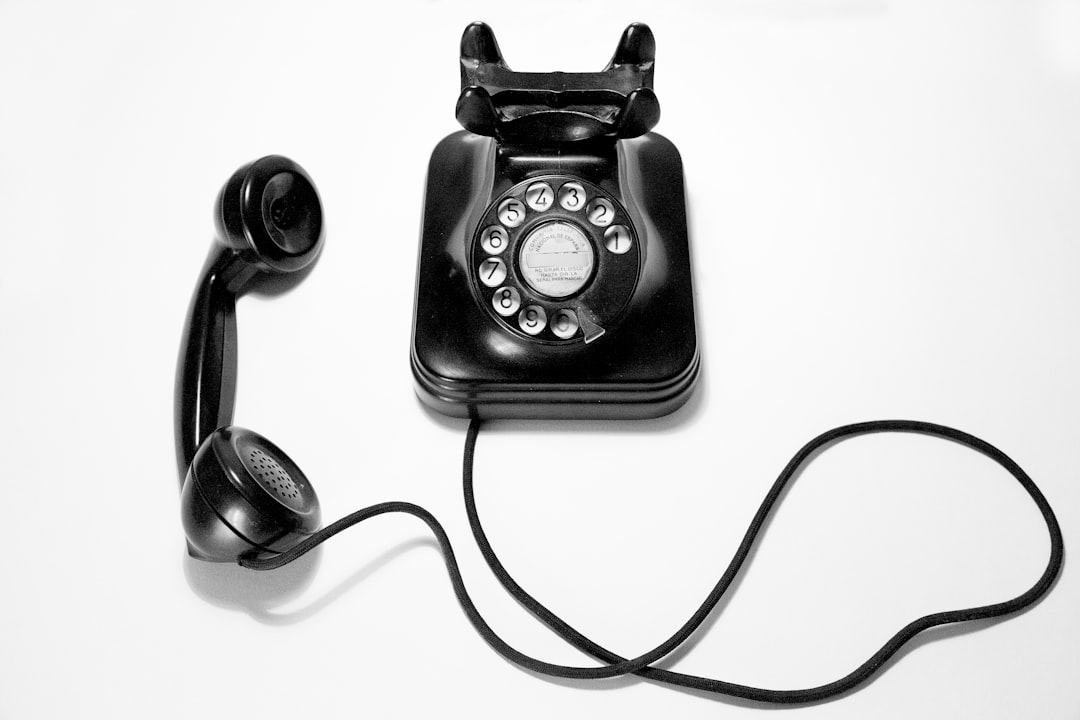Using an autodialer for telemarketing in North Dakota requires careful navigation of state laws protecting consumers from nuisance calls and privacy violations. Engage a specialized autodialer attorney to understand regulations on call timing, opt-out options, and message content, avoiding legal repercussions, fines, and lawsuits. These experts guide businesses through complex legal frameworks, ensuring compliance and consumer rights protection in Bismarck.
In today’s digital age, understanding the legal framework surrounding autodialers is paramount for Bismarck residents. This guide delves into the intricacies of how autodialers work and explores North Dakota’s telemarketing laws, offering critical insights on privacy rights protections. From identifying when autodialers violate these rights to the pivotal role an autodialer attorney plays in navigating complexities, this article ensures you’re informed about your rights and best practices for responsible usage in North Dakota.
What Are Autodialers and How Do They Work?

Autodialers, also known as automatic dialing systems, are technologies that use software to automatically dial phone numbers en masse. These systems can make hundreds or thousands of calls per minute, often used for marketing purposes like telemarketing or for important notifications. They work by randomly or sequentially generating and placing calls, potentially reaching a vast number of individuals or businesses in a short time.
In North Dakota, as with many jurisdictions, the use of autodialers is regulated to protect consumers from unwanted or intrusive calls. An autodialer attorney in North Dakota can help navigate this legal landscape, ensuring compliance with state laws that govern such practices. These regulations often include restrictions on call timing, requirements for opt-out mechanisms, and limits on certain types of automated messages. Understanding these rules is crucial for businesses utilizing autodialers to maintain legal integrity and avoid potential penalties.
The Legal Landscape: North Dakota's Telemarketing Laws

In North Dakota, the legal framework governing telemarketing activities, including those involving autodialers, is established by state laws and regulations. As a Bismarck resident, understanding these laws is crucial when dealing with automated telephone marketing. The state has implemented specific rules to protect consumers from unwanted or deceptive telemarketing practices, ensuring that businesses operate responsibly.
North Dakota’s Telemarketing Laws are designed to give residents control over their phone communications. These laws restrict the use of autodialers and prerecorded messages unless the caller obtains prior express consent from the recipient. An autodialer attorney in North Dakota can help businesses navigate these regulations, ensuring compliance to avoid potential legal issues and fines. The state’s Consumer Protection Office plays a vital role in enforcing these rules, providing resources and guidance for both consumers and businesses alike.
When Does an Autodialer Violate Privacy Rights?

In North Dakota, the use of autodialers—also known as automatic dialing systems or predictive dialers—is regulated to protect residents’ privacy rights. While these technologies are commonly used in telemarketing and sales calls, their automated nature can raise concerns about consent and unwanted contact. An autodialer is considered a violation of privacy when it initiates phone calls without the explicit permission or prior consent of the recipient, often referred to as “prerecorded” or “auto-dialed” messages. This includes pre-recorded voice mail messages left on landlines or mobile phones.
North Dakota law allows residents to sue for damages if they receive unwanted autodialed calls. An autodialer attorney in North Dakota can help individuals understand their rights and take legal action against companies that violate these laws, which are designed to prevent harassment and protect personal information. It’s crucial for Bismarck residents to be aware of their privacy protections, especially when dealing with aggressive or persistent telemarketing practices, ensuring they can take appropriate measures to stop such calls.
Role of an Autodialer Attorney in Navigating Legal Complexities

In North Dakota, the role of an autodialer attorney is pivotal in navigating the legal complexities surrounding automated phone systems, particularly those used for marketing purposes. With laws and regulations constantly evolving to protect consumers from unwanted calls, a specialist attorney can provide invaluable guidance on compliance and best practices. They help businesses understand and adhere to state and federal guidelines, ensuring fair and legal use of autodialers.
An autodialer attorney in North Dakota assists companies in obtaining necessary permits, drafting privacy policies, and implementing procedures to safeguard consumer rights. Their expertise allows businesses to avoid costly mistakes, potential fines, and damaging lawsuits related to telemarketing practices. By engaging the services of a specialized attorney, organizations can confidently operate within the legal framework, enhancing their reputation and fostering trust with Bismarck residents.
Protecting Your Rights: Best Practices for Bismarck Residents Using Autodialers

Protecting your rights is crucial when using an autodialer, especially for Bismarck residents navigating this legal landscape. As North Dakota’s laws on telemarketing and automated calls continue to evolve, understanding your rights is essential. One of the best practices is to ensure explicit consent from recipients before making any automated calls. This means obtaining a clear opt-in, allowing individuals to easily unsubscribe at any time, and respecting their decision to opt out.
Additionally, transparency is key. Residents should disclose the use of an autodialer in all communications and provide a way for recipients to confirm their consent. Consulting with a qualified autodialer attorney in North Dakota can help Bismarck residents stay informed about their rights and obligations, ensuring compliance with state laws and protecting themselves from potential legal issues.






